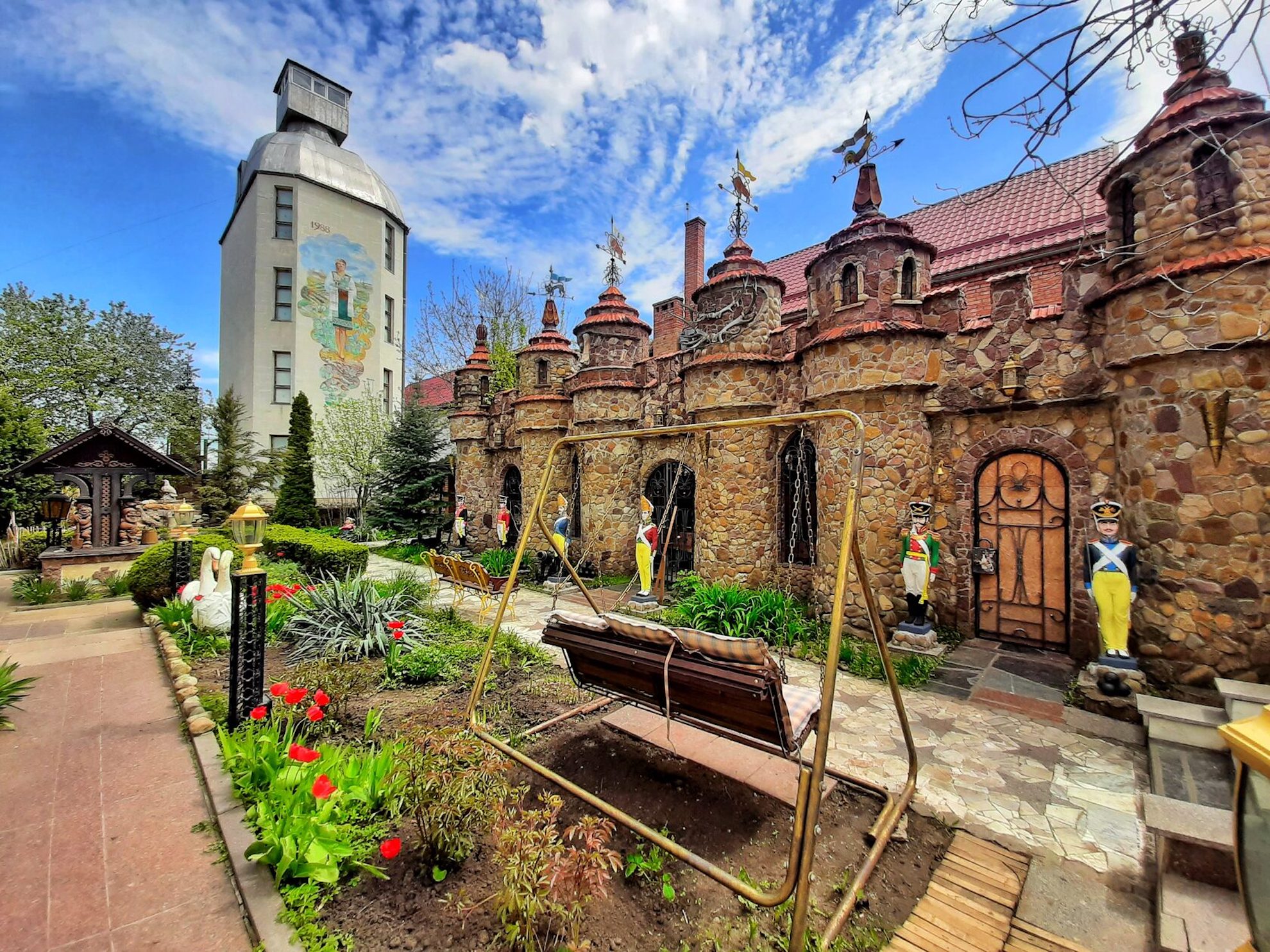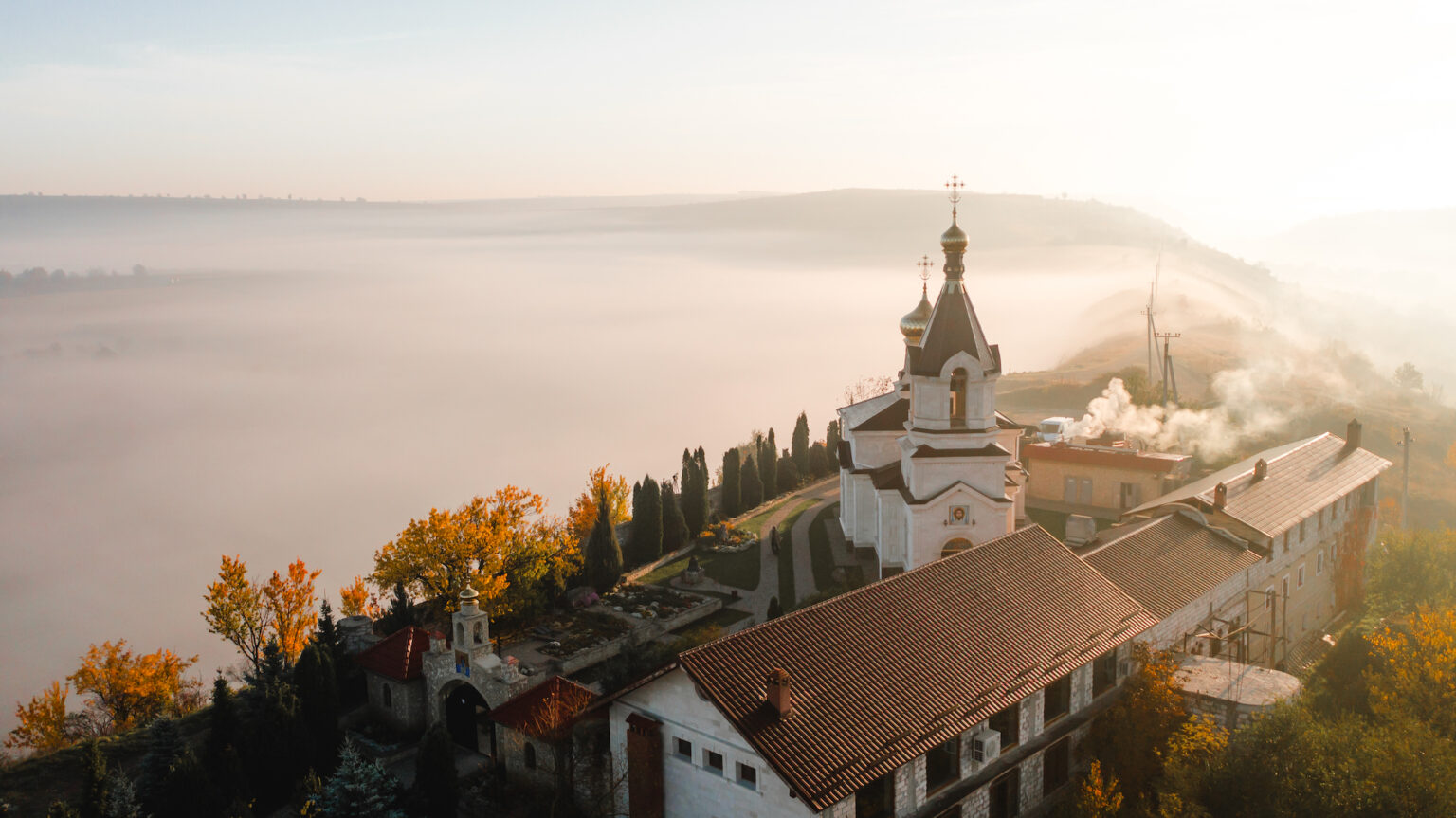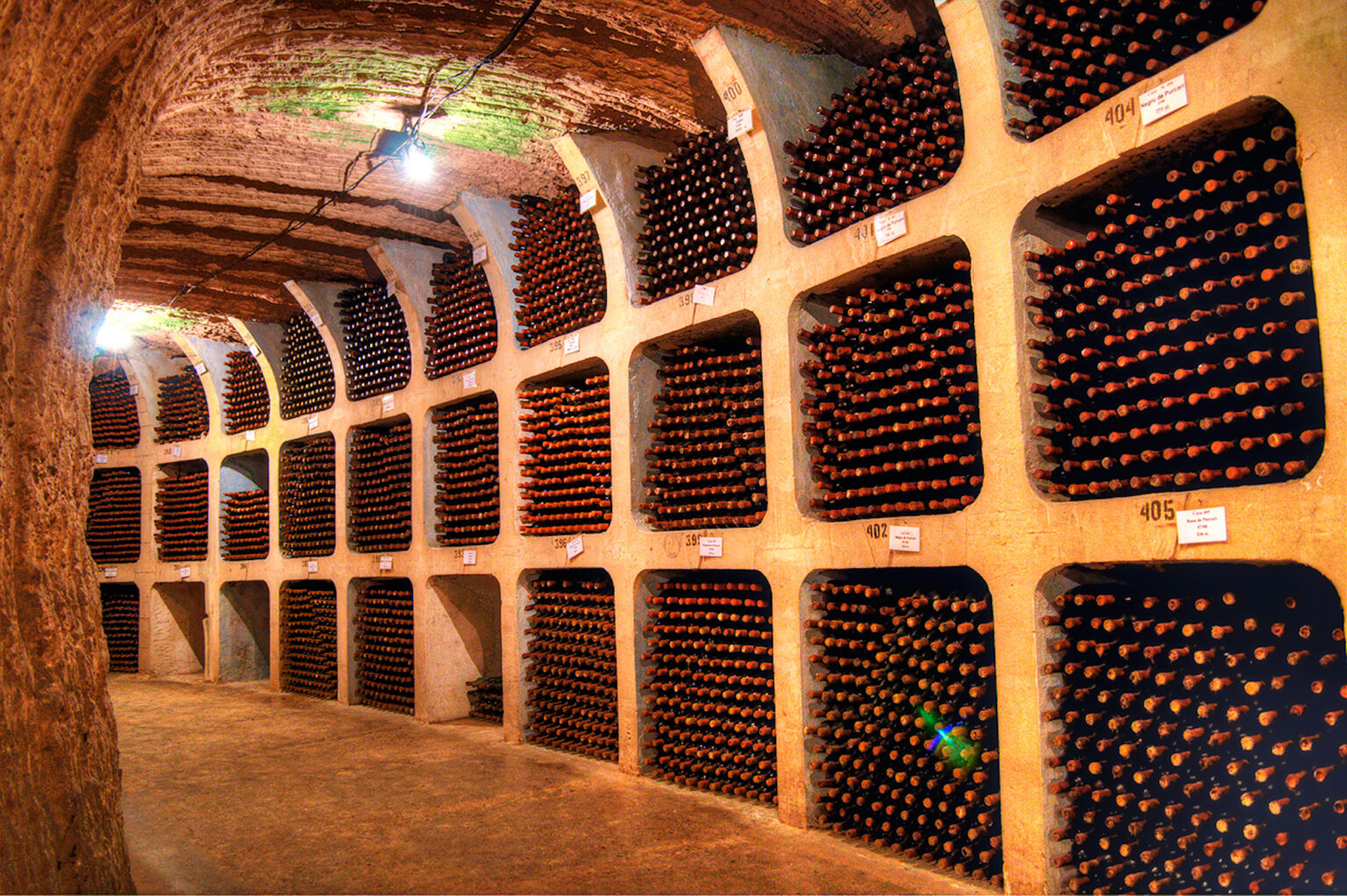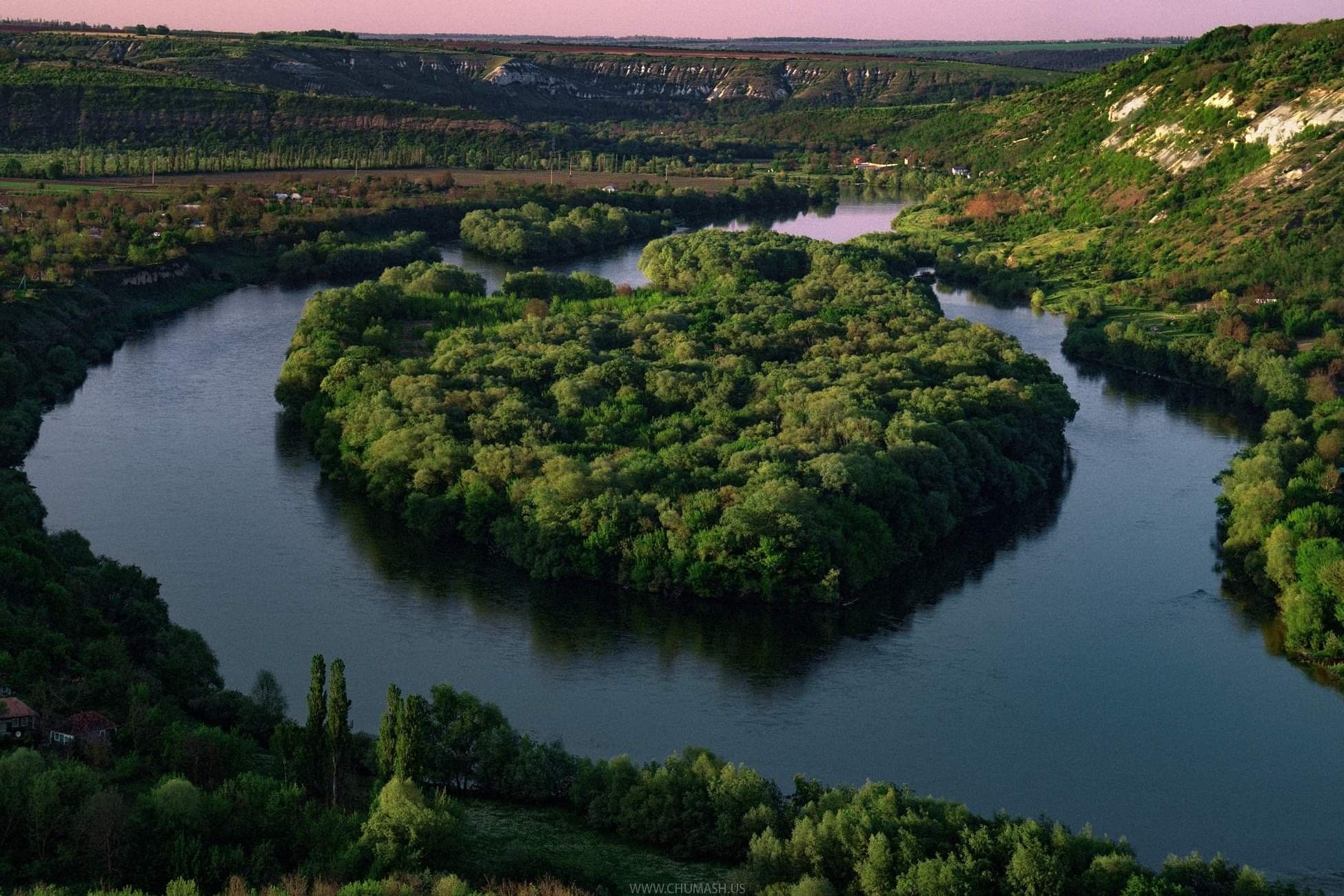Moldova: A Hidden Gem in the Heart of Europe
Related Articles: Moldova: A Hidden Gem in the Heart of Europe
Introduction
In this auspicious occasion, we are delighted to delve into the intriguing topic related to Moldova: A Hidden Gem in the Heart of Europe. Let’s weave interesting information and offer fresh perspectives to the readers.
Table of Content
Moldova: A Hidden Gem in the Heart of Europe

Nestled between Romania and Ukraine, Moldova is a small landlocked country in Eastern Europe, often overlooked in discussions about the region. Yet, its strategic location, rich history, and unique culture make it a fascinating destination and a significant player in the geopolitical landscape of Europe.
Moldova’s Geographic Context:
Moldova occupies a small but strategically important area in Eastern Europe. Its landlocked position is bordered by Romania to the west and Ukraine to the north, east, and south. The country’s landscape is predominantly rolling hills, with fertile black soil, making agriculture a major sector of its economy. The Dniester River, a major tributary of the Black Sea, flows through the country, dividing it into two distinct regions.
Historical Significance:
Moldova’s history is intertwined with the broader history of Eastern Europe. It has been ruled by various empires and powers throughout the centuries, including the Roman Empire, the Ottoman Empire, and the Russian Empire. This complex past has left an indelible mark on the country’s cultural heritage, with influences from Byzantine, Ottoman, and Slavic cultures evident in its architecture, language, and traditions.
Moldova’s Place in the Modern World:
Following the collapse of the Soviet Union, Moldova declared independence in 1991. Since then, the country has been navigating its path towards democracy and economic prosperity. It has faced challenges, including the Transnistrian conflict, a frozen conflict in the eastern part of the country, and the ongoing economic and political instability in the region.
Cultural and Natural Treasures:
Moldova is a country of diverse cultural and natural treasures. Its capital city, Chișinău, is a vibrant blend of modern and historic architecture, with numerous museums, theaters, and parks. The country is also home to numerous ancient monasteries, churches, and fortresses, showcasing its rich historical heritage.
The picturesque countryside offers stunning landscapes, with rolling hills, vineyards, and forests. The Cricova Winery, a labyrinthine underground city of wine cellars, is a testament to Moldova’s long tradition of winemaking. The Codru National Park, with its diverse flora and fauna, is a haven for nature enthusiasts.
Moldova’s Economic Potential:
Despite its small size, Moldova has significant economic potential. The country is a major producer of agricultural products, particularly grapes, wheat, and sunflowers. It also possesses a growing manufacturing sector, with industries such as textiles, electronics, and food processing.
Moldova’s strategic location, bordering both Romania and Ukraine, offers opportunities for trade and investment. The country is actively seeking to strengthen its economic ties with the European Union and other international partners.
Challenges and Opportunities:
Moldova faces numerous challenges, including poverty, corruption, and a lack of infrastructure. The ongoing conflict in Transnistria remains a significant hurdle to peace and stability. However, the country also presents opportunities for investment and development, particularly in the agriculture, tourism, and technology sectors.
FAQs:
Q: Why is Moldova important on the map of Europe?
A: Moldova’s strategic location between Romania and Ukraine, its rich history, and its diverse cultural heritage make it a significant player in the geopolitical landscape of Europe. Its position as a bridge between East and West has played a crucial role in shaping the region’s history and continues to be a factor in its present and future.
Q: What are the main challenges facing Moldova?
A: Moldova faces several challenges, including:
- The Transnistrian conflict: The unresolved conflict in the eastern part of the country has hindered economic development and political stability.
- Poverty and inequality: Moldova has a high level of poverty, with significant regional disparities in income and living standards.
- Corruption: Corruption remains a major problem in Moldova, hindering good governance and economic progress.
- Lack of infrastructure: The country’s infrastructure, particularly in rural areas, needs significant investment.
Q: What are the opportunities for Moldova’s future?
A: Despite the challenges, Moldova has several opportunities for future growth and development:
- Agriculture: The country’s fertile soil and favorable climate offer significant potential for agricultural production and export.
- Tourism: Moldova’s rich cultural heritage, stunning landscapes, and affordable prices make it a potential destination for tourists.
- Technology: The country has a growing tech sector, with opportunities for investment in software development, IT services, and e-commerce.
- EU integration: Moldova’s association agreement with the EU provides access to the European market and offers opportunities for economic and political reform.
Tips for Visiting Moldova:
- Explore the capital city, Chișinău: Visit the National Museum of History, the National Opera and Ballet Theatre, and the Cathedral of the Nativity of Christ.
- Discover the country’s rich history: Explore the ancient monasteries, churches, and fortresses, such as the Orheiul Vechi Monastery and the Soroca Fortress.
- Enjoy the beautiful countryside: Visit the Codru National Park, the Cricova Winery, and the picturesque villages of the Moldovan countryside.
- Taste the local cuisine: Try traditional dishes like mamaliga (cornmeal porridge), sarmale (cabbage rolls), and placinta (pastries filled with cheese or fruit).
Conclusion:
Moldova, a small country with a rich history and diverse culture, holds a unique place on the map of Europe. While it faces challenges, its strategic location, economic potential, and cultural treasures offer opportunities for growth and development. As Moldova continues to navigate its path towards democracy and prosperity, its place on the European stage is likely to become increasingly significant.








Closure
Thus, we hope this article has provided valuable insights into Moldova: A Hidden Gem in the Heart of Europe. We hope you find this article informative and beneficial. See you in our next article!